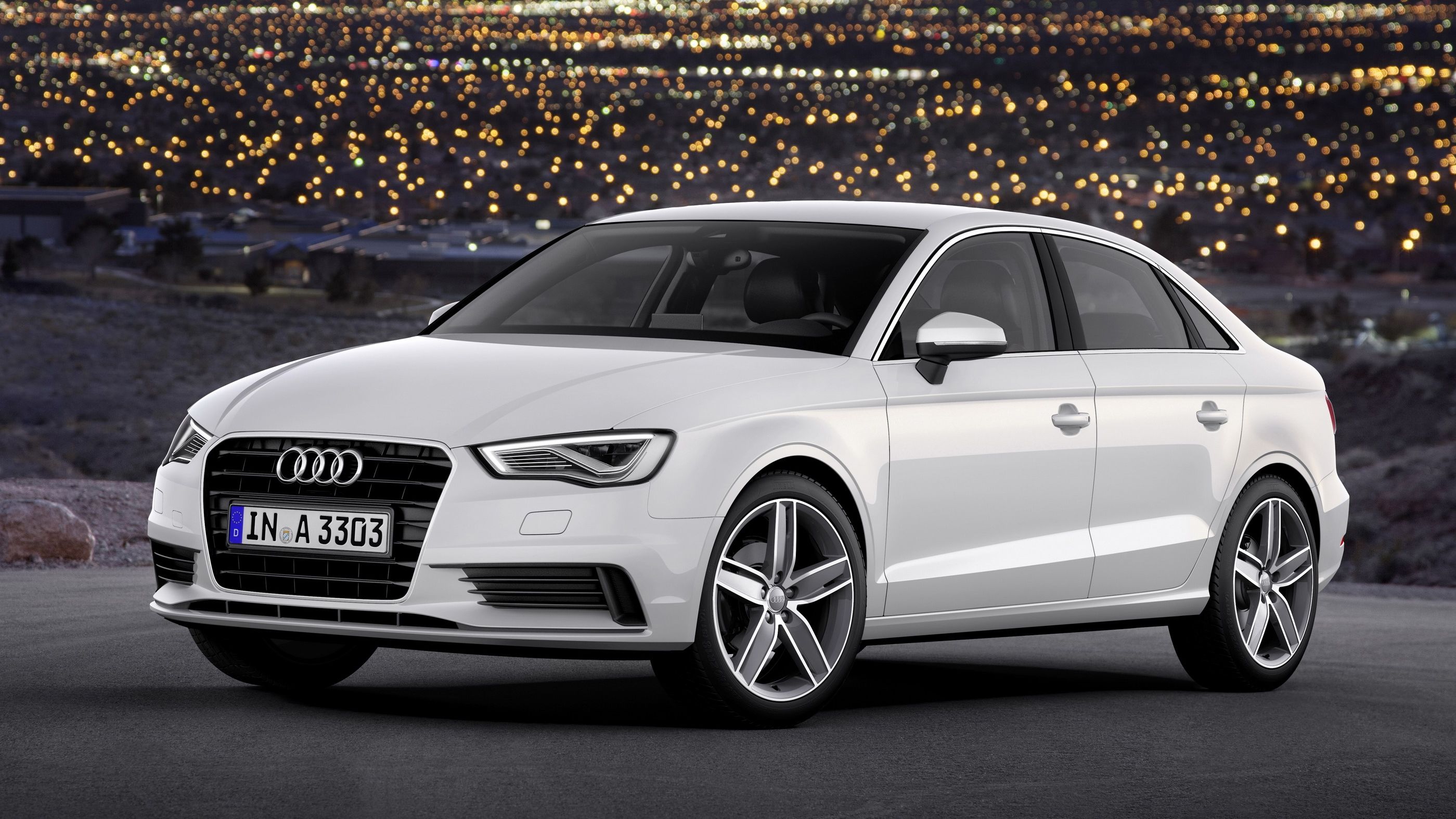Volkswagen Group->ke94 of America has issued a recall for the 2015 model year VW Golf, VW GTI, and Audi A3 vehicles. According to a press release, improper nickel plating used for components in the fuel pump may cause the pump to fail, resulting in an inability to start the car, or if the engine is running, causing a stall, increasing the risk of a crash. A total of 6,204 units are potentially affected. So far, there are no reported injuries or accidents as a result of pump failure.
Nissan->ke62 and BMW->ke178 issued simultaneous recalls earlier last month citing an identical issue, with some 100,000 vehicles potentially affected. The 2014 Ford Escape and 2015 Lincoln MKC also saw recalls late last year, with 12,205 units potentially affected. In all cases, the problem lay with contaminated nickel plating and debris found in the fuel pump, which causes excessive friction resulting in possible pump failure.
German-based engineering and electronics company Bosch supplied the pumps to all three manufacturers. Bosch spokeswoman Linda Beckmeyer told Autoblog that while all of the listed vehicles don’t necessarily share the same fuel pump, the parts used do go through the same nickel-plating process. There are currently not enough pumps to fix all the vehicles potentially affected, but Beckmeyer says “Bosch is working closely with automakers regarding replacement parts.”
VW says it will notify owners and dealers will inspect and replace the affected fuel pumps free of charge. VW has yet to provide a notification schedule. For more information, owners can call VW at 1-800-893-5298 or Audi at 1-800-253-2834. Owners can also call the NHTSA Vehicle Safety Hotline at 1-888-327-4236 (ask about safety campaign number 15V229000), or visit www.safercar.gov.
Continue reading for the full story.
Why it matters
Recently, it seems as though recalls have been a huge issue across the board. Last year saw a nice bump in auto sales, but that rise coincided with the highest number of recalls ever recorded in the U.S. One Bloomberg report put the total number of vehicles recalled in 2014 over the 60 million mark, nearly double the previous record of 30.8 million recalled in 2004. The biggest contributors to that shocking milestone were defective ignition switches from General Motors->ke1024 and air bags from Takata Corp, and unfortunately, it looks like the stats will continue to accumulate well into 2015.
What’s this mean for consumers? A few things. First, it means the carmakers are treating any potential defects with a greater level of seriousness. The industry seems to be running scared, worried more about litigation costs than repair costs. And that’s good.
Second, it highlights the need for an informed public. Not only is it important for owners of potentially defective vehicles, but future buyers should also be keeping a tally of which manufacturers seem to be accruing the most recalls. Even with so many marques doing it, there are some with worse records than others (GM comes to mind). Research is of paramount importance.
Finally, it begs the question: are safety standards getting too stringent, or is corner-cutting growing more rampant? What’s causing this proliferation in recalls?
We seem to be embroiled in a tumultuous time for the car world. The manufacturers are racing to offer consumers the latest technology, while standards and priorities are in a state of constant flux. Regulation pressure is high. New markets are opening up. Hopefully, this latest recall trend will soon be fixed instead of becoming the new norm.
2015 Audi A3 Sedan
The third-generation A3->ke1086 was first unveiled at the 2012 Geneva Motor Show,->ke228 and is the first vehicle to use the modular VW Group MQB platform. Body styles include a three-door hatchback, five-door “Sportback,” and a four-door sedan.
The list of features includes multi-collision braking, MMI infotainment, 4G WiFi, adaptive cruise control, collision avoidance, active lane assist, and side assist. A huge variety of engines are available, from the turbocharged 1.2-liter inline-four with 104 horsepower and 129 pound-feet of torque in the A3 1.2 TFSI, up to the 2.5-liter inline-five with 362 horsepower 343 pound-feet of torque present in the RS3 2.5 TFSI.
Read our full review of the sedan here.
2015 Volkswagen Golf
Now in it’s seventh generation, the VW Golf->ke164 is as ubiquitous on the road as sand on the beach. This is thanks to a wide selection of models available for everything from economic to-and-fro to hot-hatch corner-slicing. Like the A3, the Golf uses VW’s MQB architecture. And although it’s slightly larger than the previous gen, the Mk. 7 enjoys a lower curb weight.
Standard features include a media device interface (MDI), three-spoke leather-wrapped multi-function steering wheel, cruise control, 5.8-inch infotainment touch screen, rear passenger heat and A/C vents in the center console, and an anti-theft alarm system. Drivetrain options include gasoline, diesel, electric, plug-in hybrid,->ke4486 and compressed natural gas.
Read our full review here.

